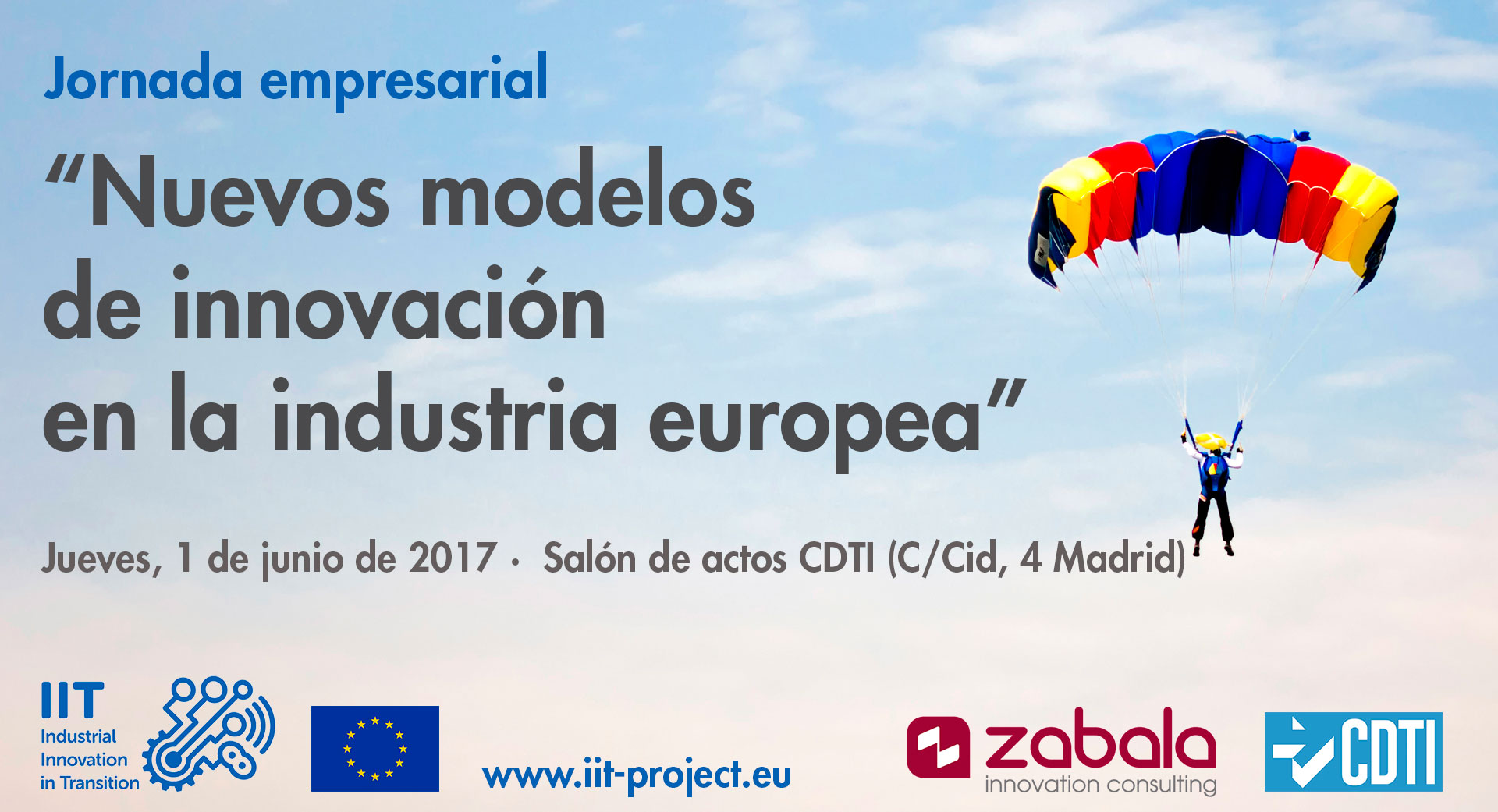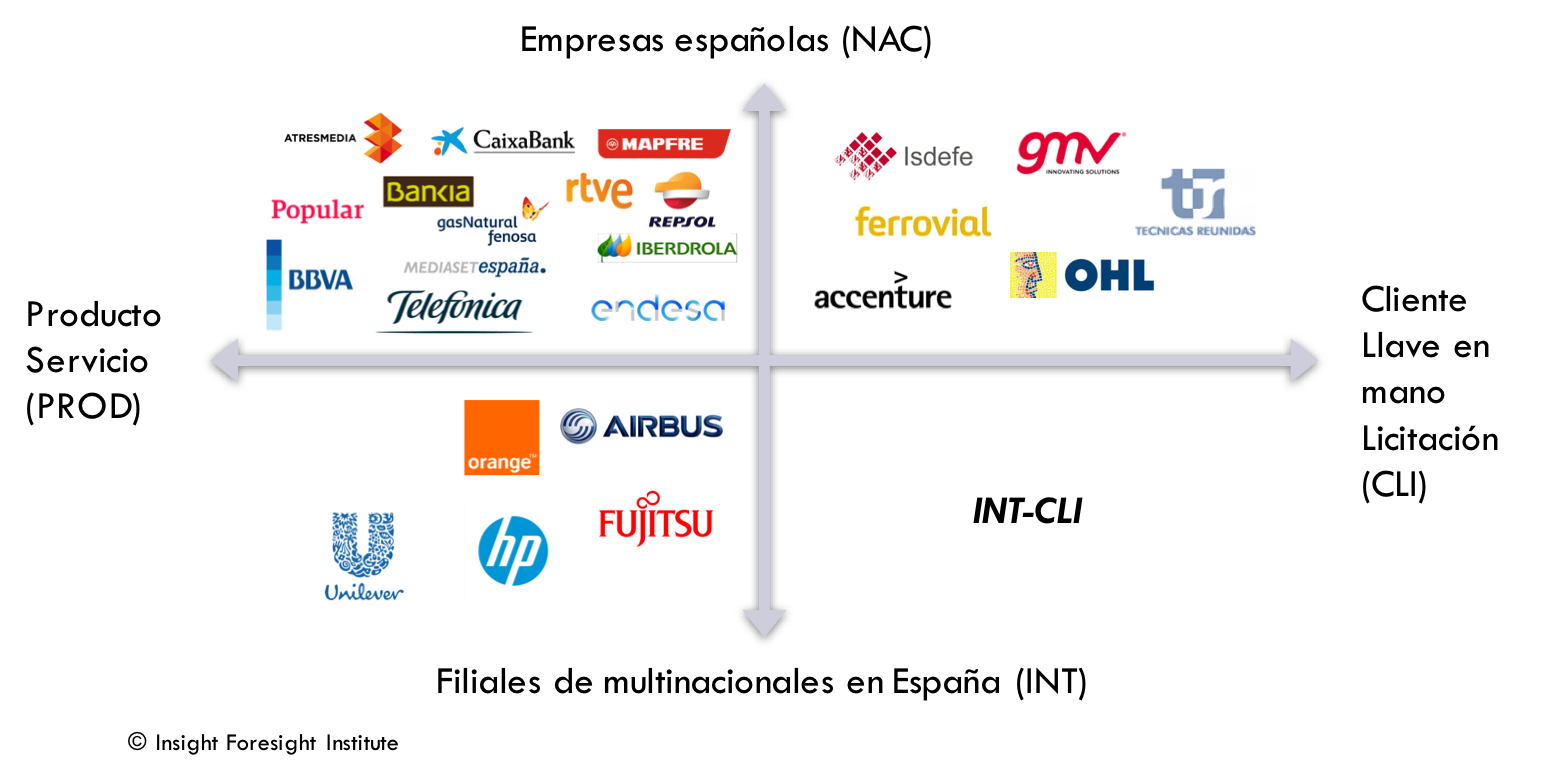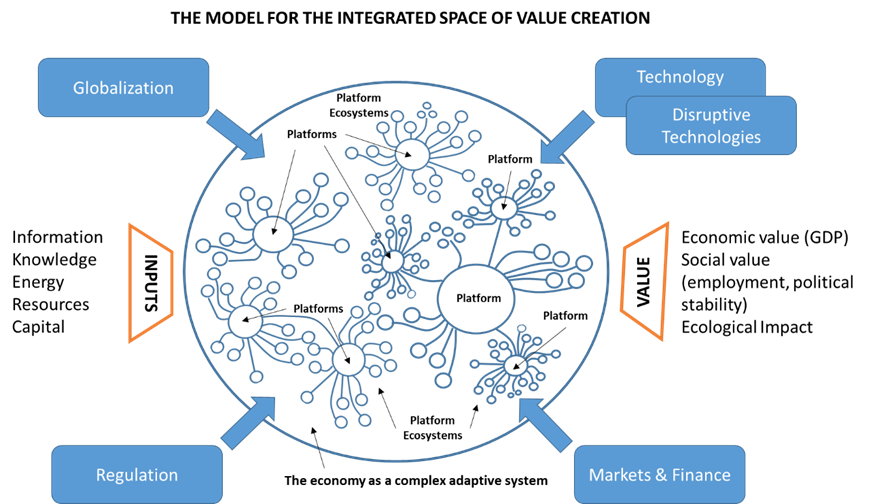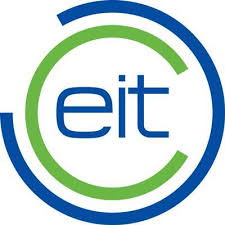 Juan Mulet Melia, a member of the Innovation Council of IFI, and Totti Könnölä, CEO of the Insight Foresight Institute (IFI), write in Cinco Días, one of the leading economic journals in Spain, to promote smart specialization in the regions.
Juan Mulet Melia, a member of the Innovation Council of IFI, and Totti Könnölä, CEO of the Insight Foresight Institute (IFI), write in Cinco Días, one of the leading economic journals in Spain, to promote smart specialization in the regions.
The aim of any policy to promote innovation is to make more innovative companies, and those that already are, to address innovations that generate greater added value. An innovative company sees innovation as one of its operations in pure business logic. However, companies that are not innovative consider that it does not compensate them to assume the inherent risk of any innovation. For this reason, innovation policies will only be effective when they are able to reduce the technological, commercial, organizational or financial risk acceptable.
Two are the ways in which policies to promote innovation are usually pursued. One, of general application, is financial aid, which must be sufficient to make the risk acceptable to a company that feels averse to innovation. The safest way to waste public money is to design financial policies for innovation with scarce resources.
The second path is to facilitate access to the technologies needed to develop innovations. If there are already sources of adequate technology, this path will be less expensive, but only reduce the technological risk, leaving intact commercial, organizational and financial…
Image: Gitty Images / Cinco Dias
 The Center for Industrial Technological Development (CDTI) and Zabala Innovation Consulting have organized on June 1, 2017 in the Hall of the Center for Industrial Technological Development (CDTI) the Conference “New Innovation Models in the European Industry”. The event aimed to showcase the most relevant systems and innovation models of European industry. Totti Könnölä, CEO of the Insight Foresight Institute, talked about innovation ecosystems.
The Center for Industrial Technological Development (CDTI) and Zabala Innovation Consulting have organized on June 1, 2017 in the Hall of the Center for Industrial Technological Development (CDTI) the Conference “New Innovation Models in the European Industry”. The event aimed to showcase the most relevant systems and innovation models of European industry. Totti Könnölä, CEO of the Insight Foresight Institute, talked about innovation ecosystems.

 The ‘deep dive’ workshop for the EURO-CASE Innovation Platform was organised by the Royal Academy of Engineering of Spain (RAI), with José Manuel Sanjurjo as chair and Francisco Jariego, member of the Innovation Council of IFI, in colaboration with Totti Könnölä, CEO of IFI, in Madrid on January 30-31, 2017. The workshop focused on ‘SMEs, innovation and industrialisation’. The work built on the background discussion paper and the results of the Euro-CASE survey. This provided a basis for the integrated analysis on industrial innovation towards the year 2030 through industrial platform ecosystems that engage value networks of industrial providers, customers but also research and technology organisations (RTOs), Universities, startups and other SMEs as well as investors, public sector agencies and regulators. Particular attention was given to the future role of SMEs and the barriers to scale-up. Also recommendations were drawn to provide inputs to European policy-making.
The ‘deep dive’ workshop for the EURO-CASE Innovation Platform was organised by the Royal Academy of Engineering of Spain (RAI), with José Manuel Sanjurjo as chair and Francisco Jariego, member of the Innovation Council of IFI, in colaboration with Totti Könnölä, CEO of IFI, in Madrid on January 30-31, 2017. The workshop focused on ‘SMEs, innovation and industrialisation’. The work built on the background discussion paper and the results of the Euro-CASE survey. This provided a basis for the integrated analysis on industrial innovation towards the year 2030 through industrial platform ecosystems that engage value networks of industrial providers, customers but also research and technology organisations (RTOs), Universities, startups and other SMEs as well as investors, public sector agencies and regulators. Particular attention was given to the future role of SMEs and the barriers to scale-up. Also recommendations were drawn to provide inputs to European policy-making.
 José Manuel Leceta, General Manager of Red.es, and Totti Könnölä, CEO of Insight Foresight Institute write on their experiences on the EIT. The article was presented in the seminar “Growth ecosystems as a tool in the new industrial and innovation policy” organised by by SITRA and Ministry of Economy and Employment of Finland.
José Manuel Leceta, General Manager of Red.es, and Totti Könnölä, CEO of Insight Foresight Institute write on their experiences on the EIT. The article was presented in the seminar “Growth ecosystems as a tool in the new industrial and innovation policy” organised by by SITRA and Ministry of Economy and Employment of Finland.